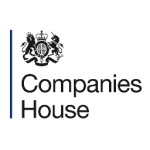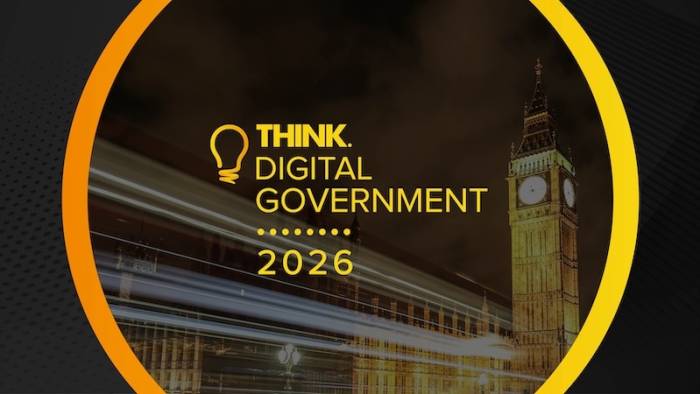Mandatory identity verification for Companies House comes into force today under the Economic Crime and Corporate Transparency Act (ECCTA), but low take-up is already causing industry-wide alarm.

According to recent Companies House figures, fewer than one million of the estimated seven million directors, PSCs and LLP members had completed verification as of last month. That’s fewer than 15 percent of those required to register.
“With deadlines fast approaching for many, it’s a real concern,” said Meg Ogunsola, global director of entity management solutions at Vistra, who points to the risk of a major compliance bottleneck
“If people don’t get moving, we could see significant backlogs,” she said. “Companies House has already made it clear there’ll be no leniency, even if there are tech issues or delays. At this rate, many will be at risk of fines, blocked filings or being struck off the register entirely.”
Ogunsola added that the underlying issue goes deeper than slow verification uptake.
“What’s even more worrying is that over half of UK companies don’t actually know who their PSCs are. Companies House is taking no exception to inaccurate documentation, so this isn’t the moment for complacency.”
Fraud Risks Persist as Criminals Exploit System Gaps
With the 12-month phased rollout now fully active, financial crime specialists warn that slow adoption and system friction are leaving the door open for abuse.
Silvija Krupena, director of the financial intelligence unit at RedCompass Labs, said the UK’s ability to crack down on criminal networks contrasts with the vulnerabilities in its domestic corporate framework.
“Identity checks for company directors are a vital reform, but the slow uptake and technical failures show a deeper problem,” she said.
“Criminal groups can and will exploit weaknesses in the system, from fake directors to shell companies, and when platforms like One Login break down, legitimate businesses pay the price while fraudsters slip through the cracks.”
Seamless functionality is essential if ECCTA is to achieve its aims, said Krupena.
“These checks are essential, but they must work seamlessly. Stronger controls and a smoother process are needed if the UK is serious about shutting down the corporate structures that enable money laundering and financial crime.”
If you liked this content…
Jonathan Frost, director of global advisory for EMEA at BioCatch, also believes the phased rollout itself creates its own risk window.
“The 12-month phased rollout for mandatory identity verification leaves a clear window for criminals to abuse,” he said. With “six million companies and officers still to be verified,” Frost says the burden will fall on banks to validate Companies House data.
“This will distract from their efforts to tackle economic crime,” he said. “If ineffective, banks will need to treat each company with a degree of scepticism that the ECCTA provisions were supposed to remove.”
Frost argues that Companies House should adopt bank-grade behavioural and device-intelligence systems to spot anomalies.
“This will enable them to detect suspicious activity, whilst also streamlining the process for genuine directors.”
“People Commit Fraud, Not Businesses”
Despite the concerns, today’s deadline marks one of the most significant shifts in corporate accountability in decades. Gus Tomlinson, chief technology and product officer at GBG, said the reforms directly address a long-standing weakness.
“Digital ecosystems thrive on verified identities,” she said. “We know that people commit fraud, not businesses – meaning you need to know the individuals behind the corporate entity.”
Tomlinson described the mandate as “a crucial step for the UK’s corporate health”, reducing the ease with which criminals can establish shell companies and strengthening global confidence in the UK register.
“This move elevates Know Your Business (KYB) standards, ensuring that corporate entities are established on genuine, verified identities,” she says. “Ultimately, verification provides a more secure foundation for safer, faster, and more confident growth for every legitimate business in the UK.”
Compliance Providers Race to Support Surge
With accountancy and company secretarial teams under pressure to verify thousands of directors, software providers are rolling out integrations to ease the burden.
Credas Technologies has been selected by accounting software firm Bright to power a fully compliant verification workflow within Inform Direct, Bright’s company secretarial platform, which manages records for more than 500,000 companies.
“By integrating Credas’ advanced technology directly into Bright’s platforms, we’re enabling accountants to seamlessly and securely comply with new director verification requirements on behalf of their clients without adding undue complexity to their workflows,” said Ben Bishop, chief product & technology officer at Bright. “This collaboration exemplifies our commitment to leveraging best-in-class solutions that protect our customers and their businesses, while driving efficiency and trust across our platform.”











